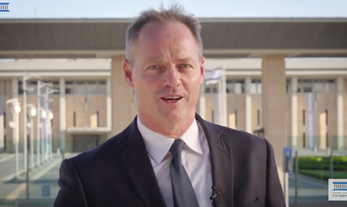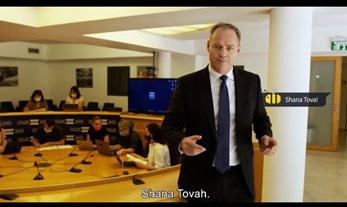

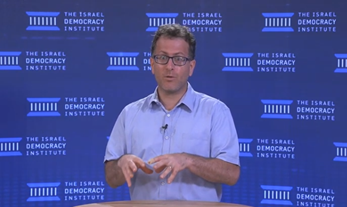
Election Results - How Are Votes Translated to Knesset Seats?
Despite a clear majority of seats in the Knesset for Netanyahu and his right-wing coalition, the number of votes cast in the 2022 elections in Israel was almost equal between the factions. How is this possible?
Israel's electoral process is one of proportional representation and includes a 3.25% threshold. Find out what role this played in determining election results and how it differs from the American electoral college system.
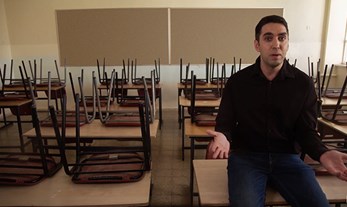
Vocational Training
Vocational training in Israel used to be a success story, but lack of funding and management has severely compromised its effectiveness. Dr. Eitan Regev explains how this in turn impairs productivity and wages and what should be done to improve this important program.

Ultra-Orthodox Education for Boys
Secular studies should be incorporated into the curriculum in ultra-Orthodox schools for boys, says Dr. Gilad Malach. It is vital to the future of Israeli economy and society and can be done without compromising Torah study.
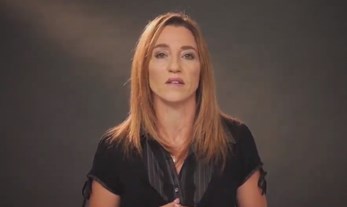
Improving the Work of the Ministerial Committee for Legislation
The Ministerial Committee for Legislation is one of the most important ministerial committees in Israel but is not required to function in a transparent manner - it is time to change that.
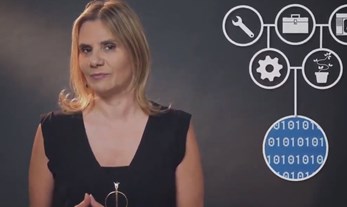
The Future of the Labor Market
The labor market is undergoing dramatic changes - is Israel ready?
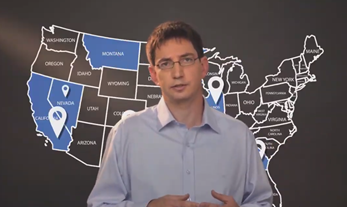
How Do We Choose Judges in Israel?
How are judges appointed in Israel? Who sits on the committee? And why is it so important to maintain the balance between judicial independence and democratic accountability in the appointing process? Tune in to learn more with Dr. Guy Lurie

2018 Israeli Democracy Index
The new reality in Israel in 2018 is complicated. The Israeli public is divided into two political blocs—the Right and the Center-Left- and they are at odds with each other in their understanding of the essence of democracy. Nevertheless, it seems that the many Israelis who define themselves as “Centrist” may take on the new task of identifying a common denominator between these two groups.
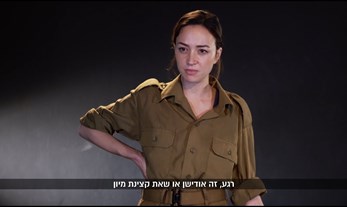
Culture Loyalty Law
In response to a proposal by the Minister of Culture to make government funding of the arts contingent on a ministerial assessment of loyalty to the state, a number of Israeli cultural icons came together to illustrate the absurdity of the proposal.
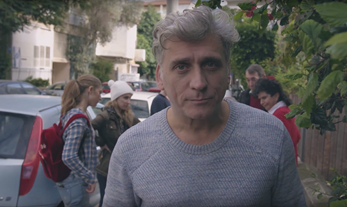
Israel Must Return to a Two-Bloc System!
The current parliamentary system in Israel is not too different from what happens at tenant meetings; it's almost impossible for decisions to be reached. With no clear majority, everyone looks out for their own narrow interests. The two largest political parties in Israel combined, don't even make up half of the seats in the Knesset, making Israeli politics a battlefield for the advancement of narrow sectorial interests. It's impossible to run a state like this!
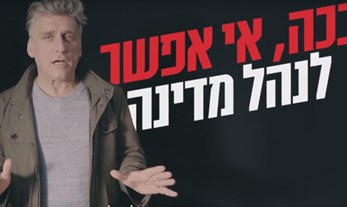
In the coming elections, Israel must return to a two-bloc system!
In wake of Defense Minister Avigdor Lieberman's surprise resignation yesterday, the country seems headed to elections. We must put an end to this political instability. This is not a question of left vs. right: establishing a system with two large political parties will encourage both to move closer to the center and represent the interests of Israeli society as a whole
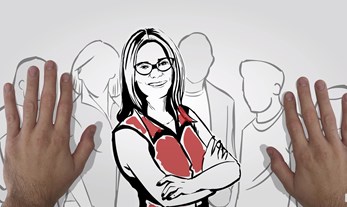
IDI Regulatory Roadmap for Investors
Daphna Aviram-Nitzan and her team at IDI set out 18 months ago to resolve some of the heavy bureaucratic and regulatory burden with which the business sector must contend when establishing new manufacturing plants and doing business in Israel. The result is the “Regulatory One-Stop-Shop for Investors”, which was adopted in August 2018 by the government to improve the ease of doing business in Israel.
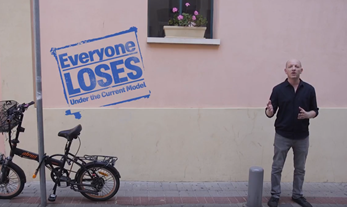
Reinventing the Start-Up Nation's Labor Laws
There is a glaring gap between the tremendous promise of Israel’s innovating workforce and the antiquated laws that constrain its productivity. In this video, IDI Senior Fellow Prof. Yotam Margalit proposes a series of changes to Israeli labor law, including new mechanisms for flexible working arrangements that will benefit both employers and employees.
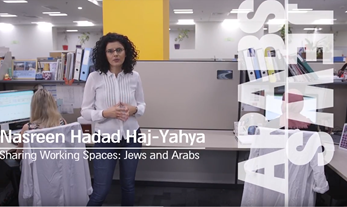
Sharing Working Spaces: Jews and Arabs
Nasreen Hadad Haj-Yahya’s research finds that shared work spaces in Israel benefit both Jews and Arabs alike. Moreover, working together reduces alienation, erodes stereotypes, and contributes to the Israeli economy.
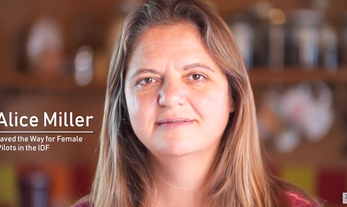
The Override Clause and Gender Equality in the IDF
Alice Miller describes how the High Court of Justice helped change women’s military service and improve gender equality in the IDF
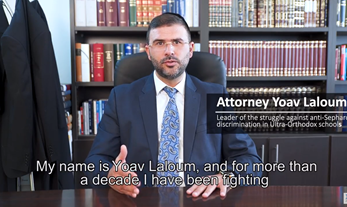
The Override Clause and Equality in Schools
Attorney Yoav Laloum relates how by petitioning the High Court of Justice he was able to stop ethnic separation in ultra-Orthodox educational institutions
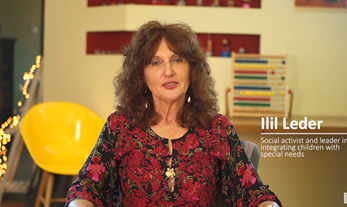
The Override Clause and Special Needs Children
Ilil Leder, relates how she was able to achieve equality in education for her daughter and all special needs children with the help of the High Court of Justice
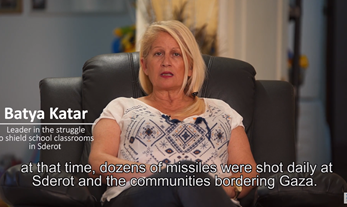
The Override Clause and Shielding School Classrooms
Batya Katar describes how she was able to make the state allocate the necessary budget to shield classrooms against rockets through the intervention of the High Court of Justice
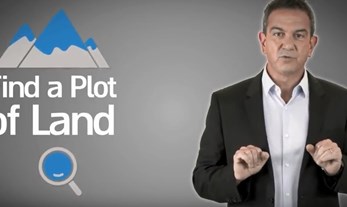
Regulatory Roadmap for Investors
The “Regulatory Roadmap for Investors” was initiated against the backdrop of the heavy bureaucratic and regulatory burden with which the business sector must contend when establishing new manufacturing plants and doing business in Israel.
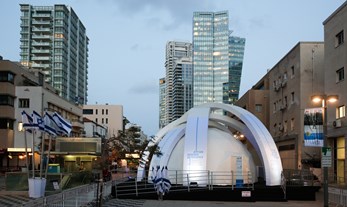
Watch the Construction of the Democracy Pavilion in 60 Seconds
Ron Huldai, Mayor of Tel Aviv-Yafo Municipality: "The establishment of the Democracy Pavilion is an impressive demonstration of Israeli democracy. Only in a democratic society can freedom and tolerance co-exist. This is what allows the opposing sectors of Israeli society to live side by side." The Democracy Pavilion is located at the start of the Independence Trail in Tel Aviv and is open to the public free of charge.
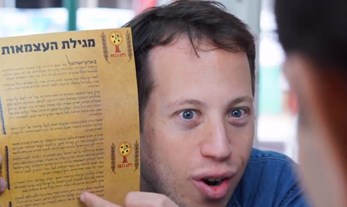
You can’t prepare a Nation State law the way you make a pizza!
Written By: Yohanan Plesner , Prof. Yuval Shany, Prof. Yedidia Z. Stern, Prof. Mordechai Kremnitzer
The nation state law is the "identity law" of the state, and this will have a revolutionary significance, since democracy is not mentioned in it.
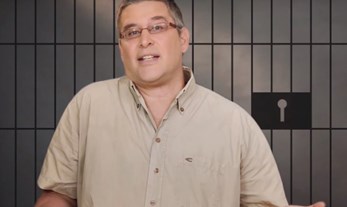
How to battle government corruption?
In recent years we have seen one Prime Minister, several ministers and numerous mayors charged and convicted on corruption. But most people enter politics for idealistic reasons and with good intentions. So what went wrong?
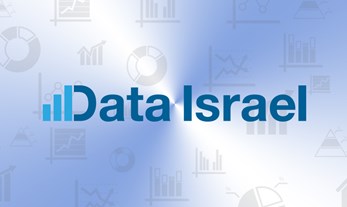
Data Israel
Written By: Prof. Tamar Hermann, Or Anabi, Tzipy Lazar-Shoef
In Honor of Israel's 70th Anniversary The Guttman Center for Public Opinion Research and Policy at the Israel Democracy Institute Is Launching “Data-Israel”: The largest and most encompassing online public opinion research database in Israel at the click of a button.
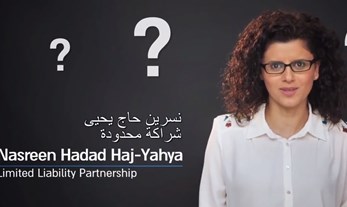
Limited Partnership: Arabs and Jews in Israel
On the complex relationship between Arabs and Jews in Israel and the secret to bringing down the walls of fear and prejudice
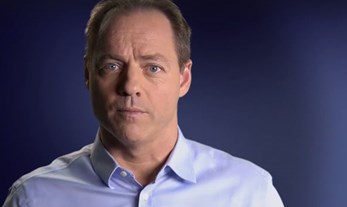
The Case for Substantive Democracy
As calls for a "majoritarian democracy" gain strength in Israel, IDI's President warns of the dangers associated with a tyranny of the majority, and makes the case for a richer interpretation of democracy, grounded in the principles of liberty, equality and the separation of powers.
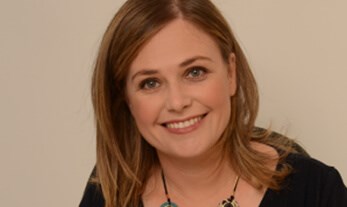
Is it Trump, Zuckerberg or Us - Whose Fault is Fake News?
"Weak media leads to fake news"
David Zeev (Reshet Bet) talks to Dr. Tehilla Shwartz Altshuler,
The panel: Is it Trump, Zuckerberg or US - Whose Fault is Fake News? was held at the Globes-Israel Business Conference in Jerusalem on January 11, 2018.
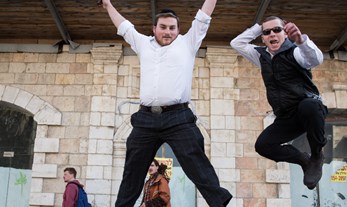
5 Things You Must Know About the ultra-Orthodox Community in Israel
How many ultra-Orthodox live in Israel today? How many will watch this clip on the internet? How are ultra-Orthodox women transforming their community? How many are employed? What age to they get married?
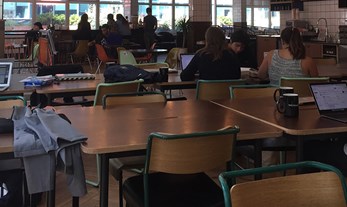
How Hard Is It to Do Business in Israel?
Written By: Daphna Aviram-Nitzan, Prof. Yuval Feldman
"In order to change this trend, we must increase the use of technological tools and behavioral economics."


